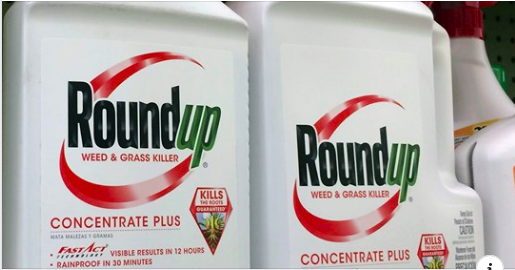“The European Chemicals agency estimates there are more than 144,000 man-made chemicals in existence. The US Department of Health estimates 2,000 new chemicals are being released every year. The UN Environment Programme warns most of these have never been screened for human health safety.” — Julian Cribb, author of Surviving the 21st Century, (Springer International, 2017)
Given this startling fact, should we continue using the pesticides that we actually know to be harmful to human and environmental health? The Buzz group thinks not, and explains why.
So, who are we?
The Buzz is a group of concerned citizens who came together in 2013 under the auspices of the Bermuda Environmental Sustainability Taskforce to look into the causes of the local and global die-off of honey bees. It did not take long to learn that one of the threats to the health of bees is the use of pesticides. These are chemical products sold and used specifically to kill. Pesticides include all preparations sold as herbicides, fungicides, insecticides and any other products whose name ends in “-cide”. Merely adding that suffix denotes a person or substance that kills.
Having spent a few years looking closely at the use of pesticides generally, the group’s mission has become “to protect the environment and human health by advocating for effective regulations on pesticide sales and use in Bermuda”. As a result, the following general information about pesticides may assist consumers to make informed choices about the use of such products that have an adverse effect on the health of the community and the environment.
To quote the renowned environmental scientist, Jane Goodall: “What you do makes a difference, and you have to decide what kind of difference you want to make.”
Using pesticides: If a little is good, is more better?
Health and wellbeing are less a matter of luck than of truly understanding what our options are before taking action. They require individual and collective effort, with special responsibility on the part of governments, who are empowered to make the best decisions on behalf of their trusting constituents — that is, all of us. It is unlikely that the average citizen’s general education included lessons on safe weed and pest management, or the dangers of the many chemical “solutions” that we are encouraged to use. Reading the small print on bottles or containers of chemicals we may purchase to get rid of one thing or another in our homes or yards is often overlooked.
During our research a textbook was found that provided some general information worthy of consideration: Common-Sense Pest Control: Least-Toxic Solutions for Your Home, Garden, Pets and Community, by William Olkowski, Sheila Daar and Helga Olkowski.
Read more here: http://www.royalgazette.com/opinion/article/20191003/better-safe-than-sorryon-issue-of-pesticides

